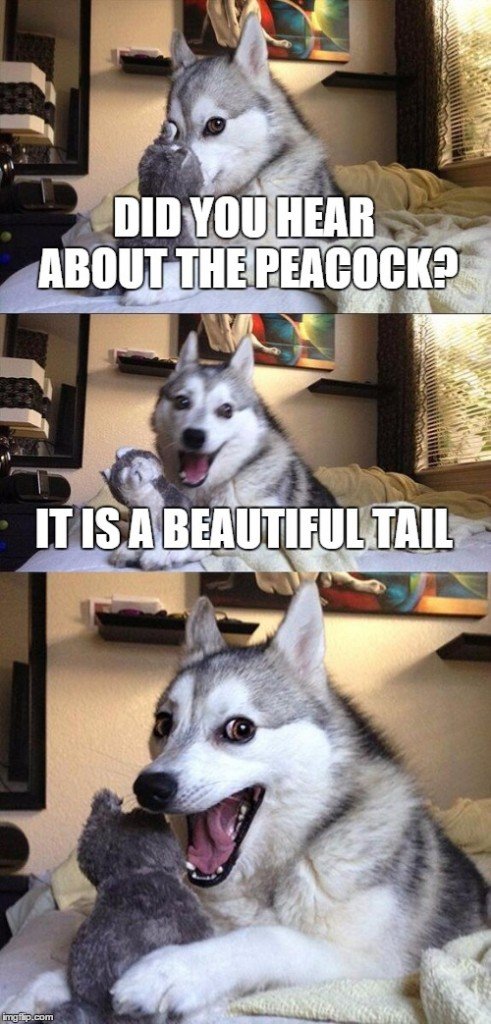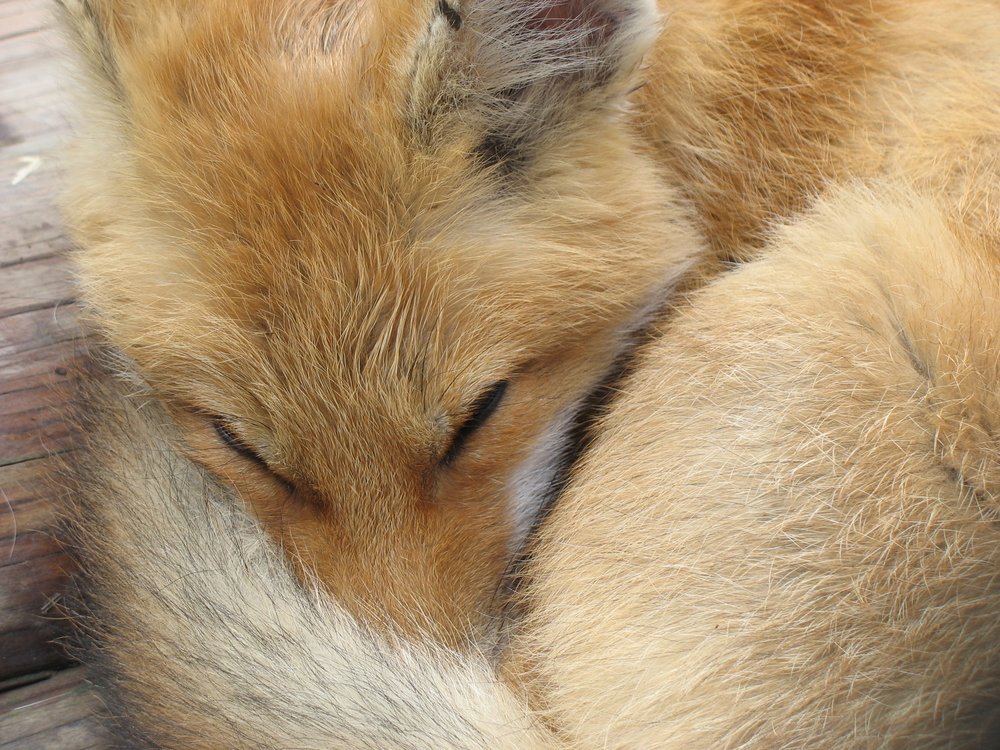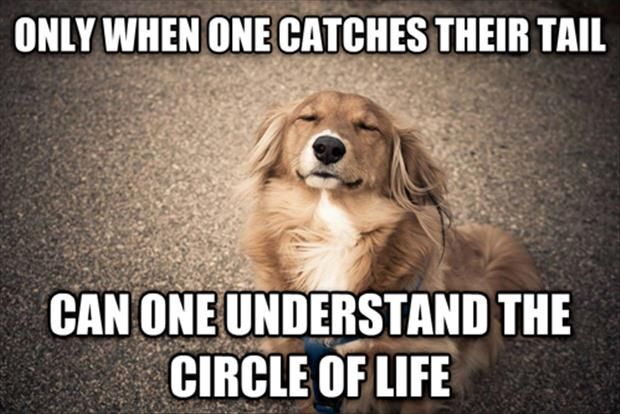Table of Contents (click to expand)
All animals use their tails for non-uniform purposes, although they mostly have to deal with balancing, defense and navigation. Only a few domesticated animals use tails to express
Remember when Hagrid gave Dudley a tail for trying to steal Harry’s birthday cake? The humor in that, of course, stems from the fact that humans don’t have tails, but what if we did?
At a certain point in history, humans did have tails! We lost them because we had no use for them anymore. Organs and body parts like this are called vestigial, and we actually have a number of them! In terms of tails, however, most of us are aware of this evolutionary story from our school science texts.
Early Humans And Their Tails
When early humans began living on the ground, the tail was no longer essential, as compared to when our ancestors were arboreal. Essentially, we didn’t have to hang around in trees anymore, so our use for the tail was limited. In fact, it would have been a hindrance for easy movement, so over many generations, it disappeared. We still have a tailbone, which supports us while sitting, but we don’t have a visible tail anymore.

Animals have preserved their tails because they still have a use for them. However, all animals use their tails for non-uniform purposes, although they mostly have to deal with balancing, defense and navigation. Only a few domesticated animals use tails to express emotions and communicate. Here are some ways in which animals use their tails:
Also Read: Why Did Humans Lose Their Tails?
Prehensile And non-Prehensile Tails
Tails can be prehensile and non-prehensile; prehensile tails are those that can be used for grabbing and holding things. Prehensile tails acts like a fifth limb. Monkeys are the most famous creatures with prehensile tails and many tourists on safari have realized this a few moments too late after things vanished before their eyes. Most other animals have non-prehensile tails.

Swatter Tails
When you are being annoyed by flies and insects, you use a swatter, because you have hands to hold it. Cattle, horses and most other animals are bothered quite a bit by flies and insects biting at them all the time. Their tails act as a swatter in the absence of hands.
Tails To Protect From Cold
Animals staying in colder regions curl up and use their furry tails to protect their noses from the cold.
Tails For Balancing
For most animals, the tail also serves as a way to maintain balance while navigating through small spaces or acts as a rudder to direct the animal.
Tails For Communication
Domestic animals also use their tails to communicate. Dogs wag their tails to express affection, and hold it straight out when angry, whereas cats hold up their tails for affection and wag it when they are displeased. No wonder these two species don’t get along; their tails can’t even communicate!

Gross Info Alert! A hippopotamus actually uses its tail to spread its poop over a particular area to mark his territory so other hippos won’t enter that area.
Certain lizards use their tail in a very unique way. The tail helps these lizards escape from predators in case the lizard becomes trapped. The tail can easily break away, allowing the lizard to run off, leaving the predator with a tail for lunch. The lizard can then grow a new tail! Pretty amazing!
Also Read: Why Are Horse Tails So Different From Zebras And Donkeys?
How well do you understand the article above!

